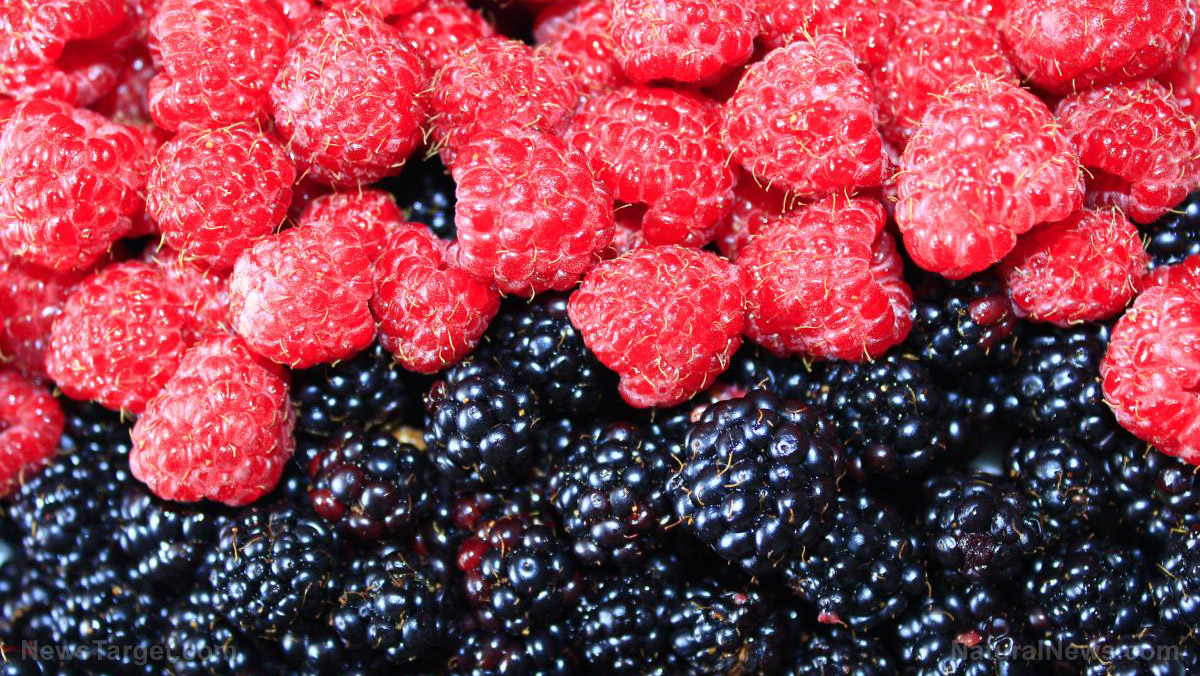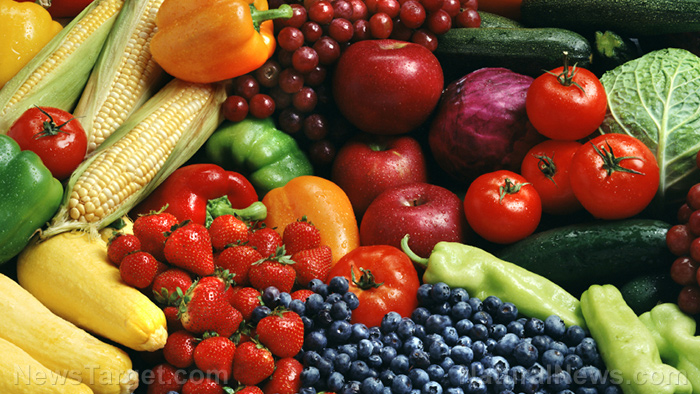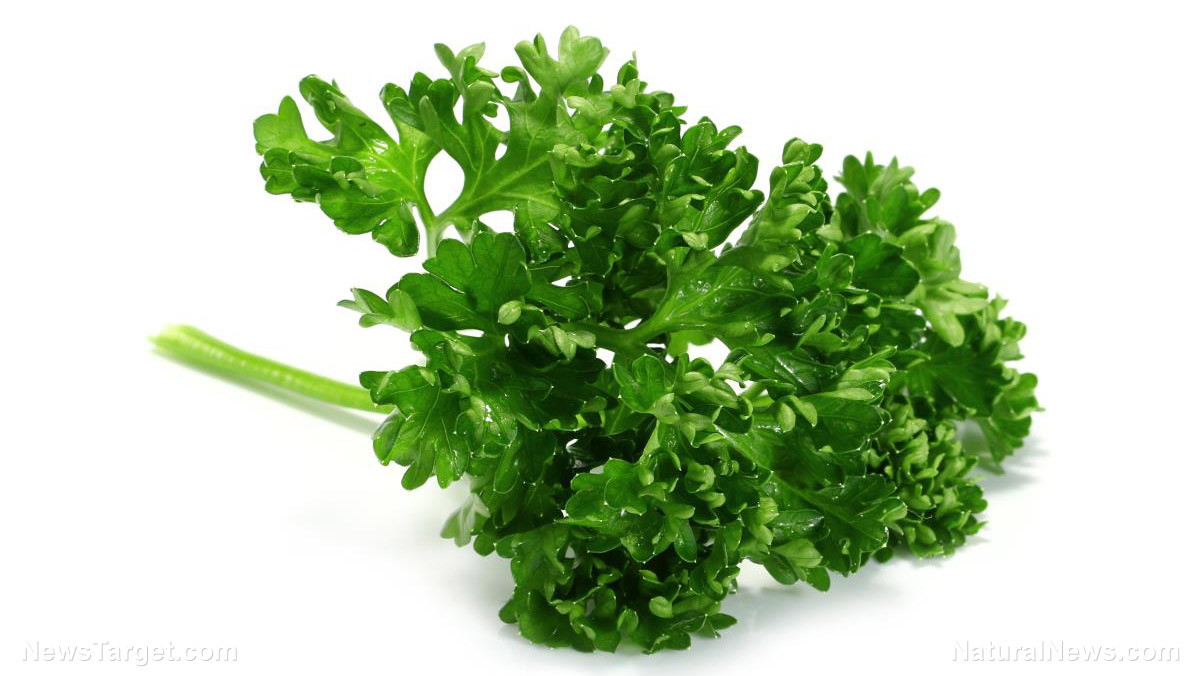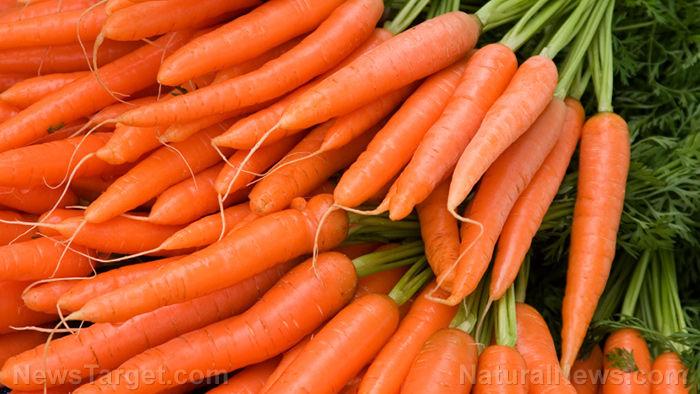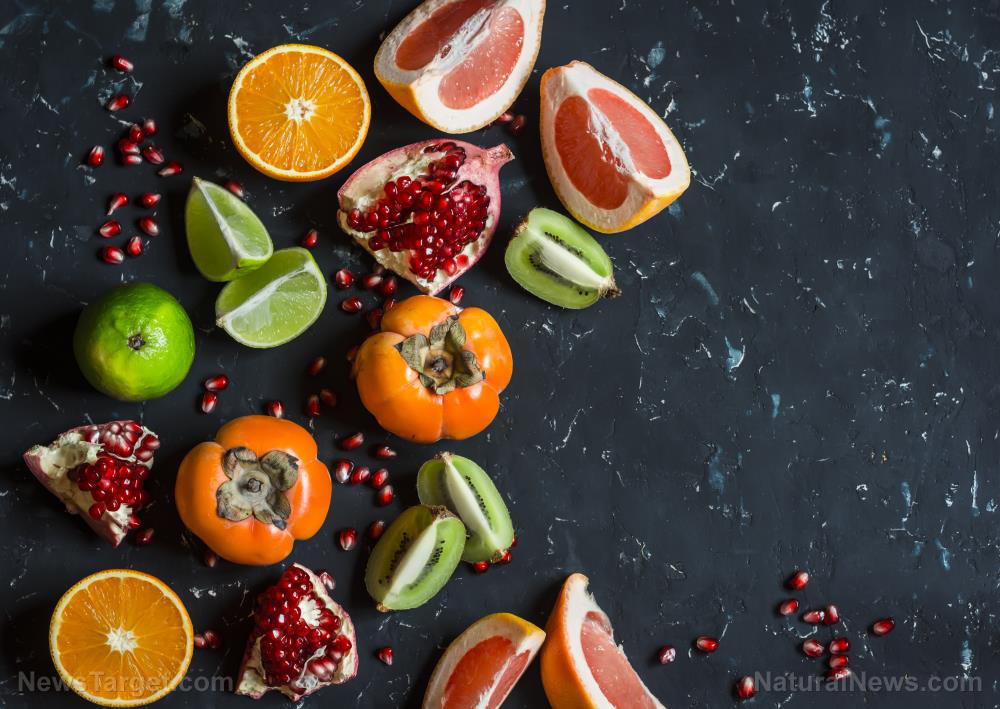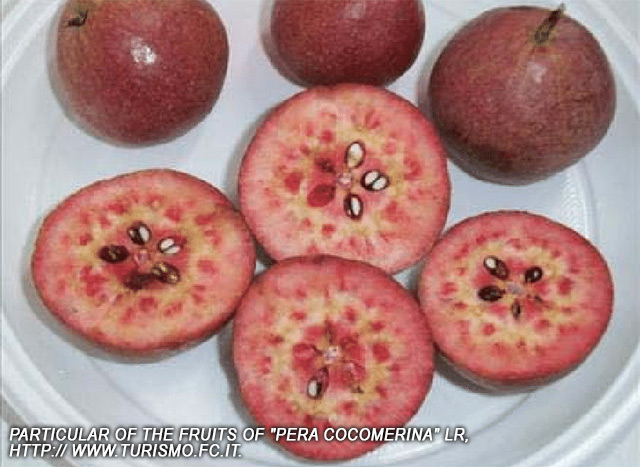Animals raised on organic selenium supplements produce fresher meat
11/11/2018 / By Frances Bloomfield

There’s no question that eating meat is highly beneficial: Meats like beef and chicken are a complete source of protein and deliver a good amount of iron and vitamin B12. Unfortunately, meat can also become detrimental to your health. When damaged by heat or oxygen, the polyunsaturated fats in meat become oxidized and contribute to inflammation, in turn increasing your risk of chronic disease. The solution to that may lie in organic selenium supplements.
According to a study published in CyTA – Journal of Food, supplementing with organic selenium can greatly improve the quality of meat in terms of its health benefits. For the study, ostrich meat was utilized due to its increasing popularity and the high amounts of polyunsaturated fats.
As part of the experiment, 40 ostriches were raised on a commercial ostrich starter diet from the time they hatched until they were five months of age. The researchers then included either organic or inorganic selenium in the birds’ diets from then until they were 12 months old. The inorganic selenium used was sodium selenate, the sodium salt of selenium with uses that range from acting as an insecticide to inhibiting hormone-refractory prostate cancer. The organic selenium used was Sel-Plex, an organic selenium yeast product sold as a dietary supplement for both humans and animals.
Once the birds had turned a year old, they were slaughtered and cut up. Around 16 meat samples were obtained, eight from the organic selenium group and eight from the inorganic selenium group. The researchers then performed a series of chemical tests to determine the effects, if any, on the chemical, mineral, and fatty acid content of ostrich meat.
No major differences were observed in the mineral composition of the organic selenium- and inorganic selenium-fed ostrich meat, save for the higher selenium content in the ambiens muscles of the ostriches given organic selenium. A similar effect was noted in the fatty acids composition as there were no noticeable disparities with the exception of the linoleic acid and eicosapentaenoic acid (EPA) content. Both were higher in the organic selenium-fed group, which the researchers stated caused the ostrich meat of this group to have a lower omega-6-to-omega-3 fatty acids ratio.
Based on the results, the researchers wrote in their conclusion that supplementing with organic selenium can greatly improve the health-related properties of ostrich meat. By boosting the selenium and EPA content of this type of meat, organic selenium can then decrease the chances of heart disease. (Related: Selenium deficiency increases heart disease and cancer incidence.)
The many benefits (and dangers) of selenium
The benefits of selenium on livestock can’t be stressed enough. Whether alone or working alongside vitamin E, selenium plays a crucial role in optimizing muscle function, regulating body temperature, and boosting metabolism. In dairy cows, selenium and vitamin E can even assist in the expulsion of retained placenta. Without selenium, young animals can suffer from muscle degeneration.
Although undoubtedly essential for healthy livestock, selenium is a micromineral that is only needed in trace amounts. Dosing on too much selenium can cause all kinds of problems, depending on whether it’s acute or chronic selenium toxicity.
The symptoms of acute selenium toxicity include abdominal pain, high temperatures, heavy breathing, and dilated pupils. Chronic selenium toxicity, on the other hand, has been known to cause visual impairments, weakness in the forelegs of four-legged livestock, and eventually blindness and paralysis of the tongue. As such, it’s important to give livestock the correct dosage of selenium, which varies from animal to animal.
Visit PetHealthDaily.com for more news stories and guides about animal health.
Sources include:
Tagged Under: agriculture, animal health, animal nutrition, animals, Fresh, ingredients, livestock, minerals, nutrients, nutrition, Organic Selenium, Organic Selenium Supplementation, selenium



